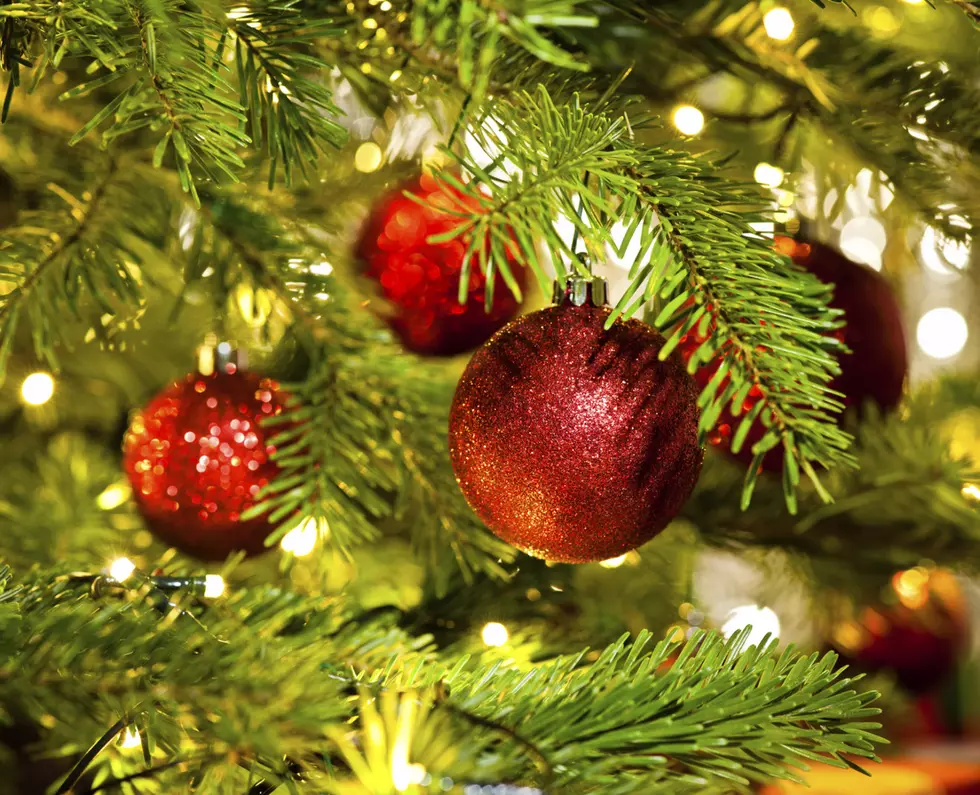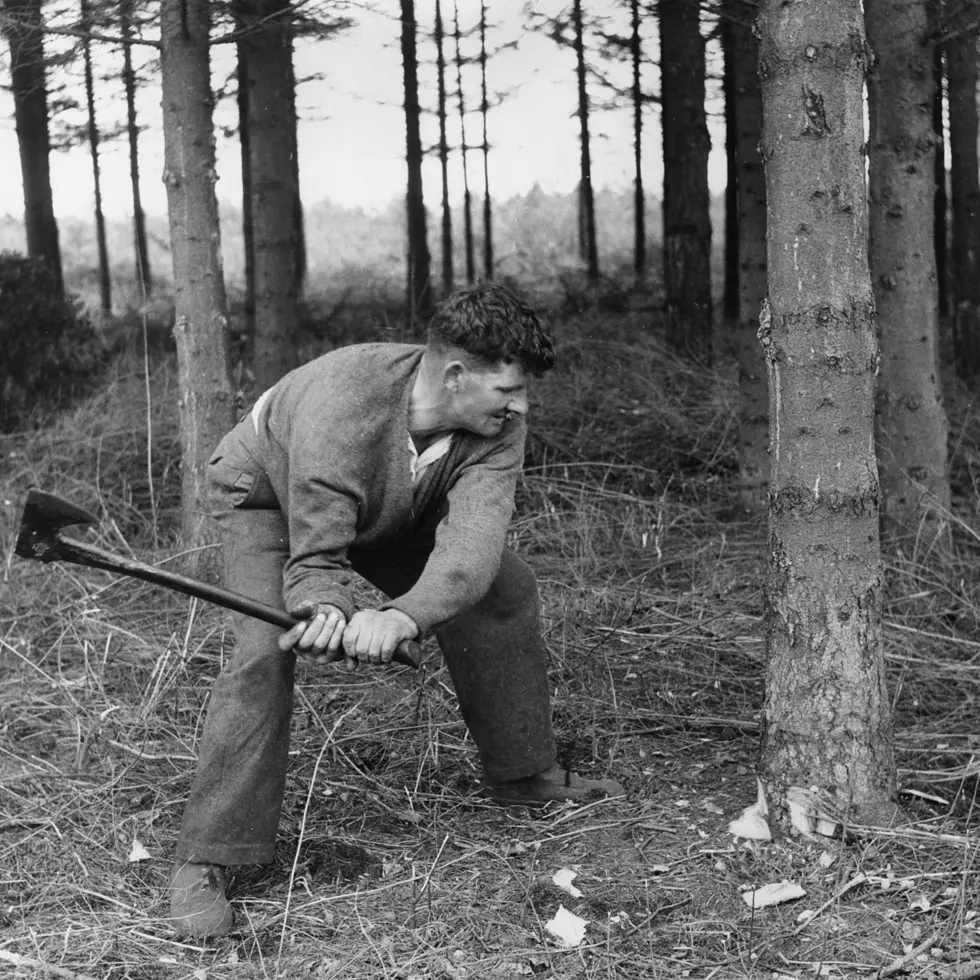
Your Christmas Tree Could be Infested with Thousands of Baby Spiders
It's the most wonderful time of the year.
But did you know Christmas trees can be home to many insects, including spiders?
They lay eggs during the summer and fall months, lying dormant in the winter. However, when you bring them into a nice, warm and cozy home, they think it's time to hatch.
This goes for wreathes and garlands, too.
And if you think having an artificial tree eliminates this problem, think again.
"In most cases you will find that fake trees tend to have the worst problems because they are stored in garages or attics through the entire year. Let’s look at some of the ways that we can protect our homes during the holiday season" say pest control experts.

The good news--er, sorta--is that "In many cases, the newly hatched insects and spiders wander only a very short distance before drying out and dying," said Laura Jesse, an entomologist with the Iowa State University Extension and Outreach.
"None of the insects or spiders that emerge after being carried in on a fresh-cut tree will cause any harm or damage to the tree, the house, the furnishings, or the occupants. They cannot bite or sting and they will not live long enough to grow or multiply. The tiny insects or spiderlings are simply an annoyance."
The best way to avoid this happening is prevention, shaking the tree out and checking for critters before bringing it into your home.
By now only the professional procrastinators have yet to get their tree up.
Many of us have already decided on real or fake and decorated that baby.
What to do if you see eggs or hatchlings?
"If newly hatched insects or spiders are found on the floor or other areas around the tree, simply vacuum them up and discard them."
Holidaze of Blaze Tour with Snoop Dogg, Warren G, King Yang Twins and Charlemagne
More From K2 Radio







